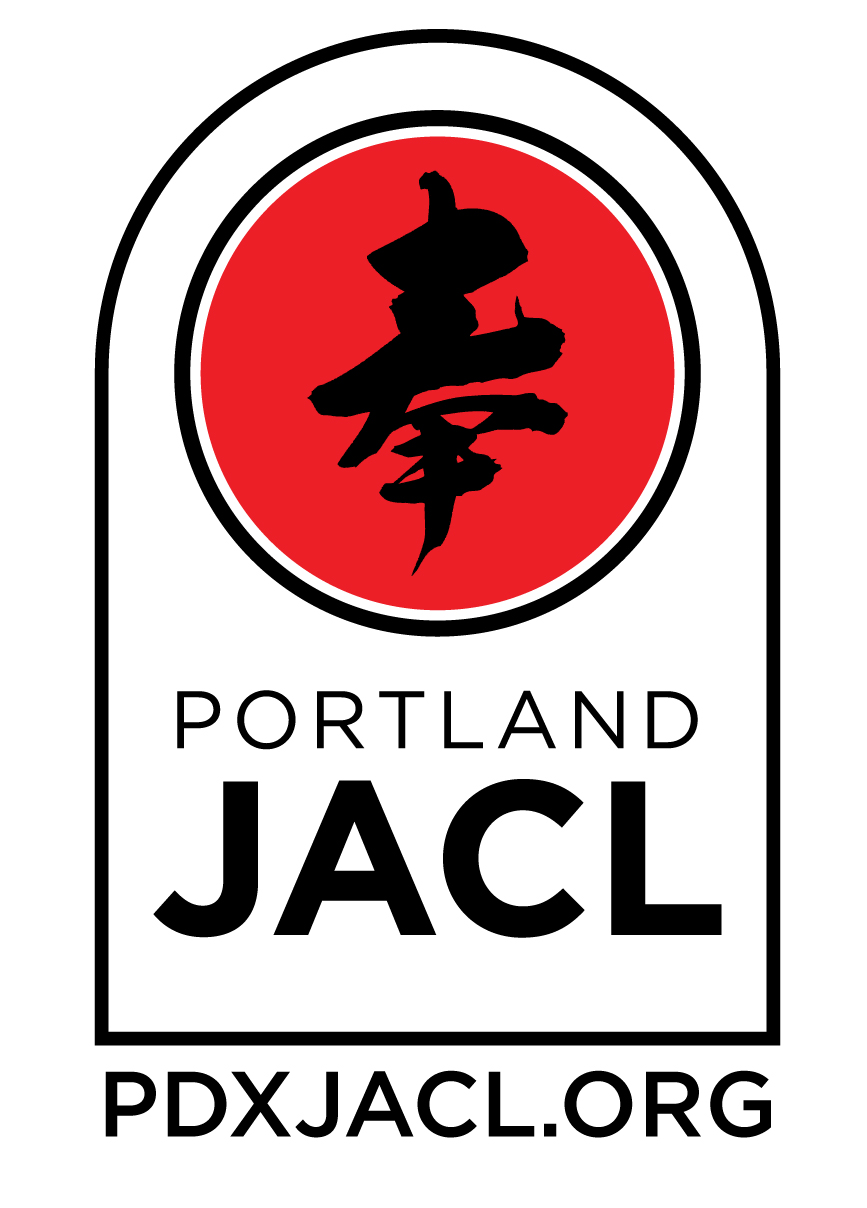The scenes that have come out of Afghanistan in the last few days are all too familiar to many within the Asian American community, with many people noting the eerie similarity to images from the Fall of Saigon in 1975. Then, just as now, the United States has a duty to help those scared and vulnerable civilians who are attempting to evacuate in order to protect themselves and their families. The time for debate about the war and its impacts will continue to happen, but now the priority must be to protect those who are at risk and give them refuge.
When the United States left Vietnam in 1975, over 130,000 civilians and refugees were evacuated as part of the withdrawal process, albeit by supposed ?rogue? civilian and military personnel. Currently, under a special visa program for Afghan citizens, less than 2,000, of 20,000 who applied, have been evacuated. Many more still have not had the chance to apply and are still searching for a way out. The top priority for evacuation should be given to those most at-risk members of Afghan society such as women and girls who are targeted by the Taliban, the LGBTQ community, the disabled community, interpreters, and others who supported the United States in Afghanistan.
The JACL has long supported the immigration of refugees seeking asylum in the United States. Four different administrations have been in power during the War in Afghanistan, and now it is on the current administration and Congress to ensure that our Afghan allies that have stood by us throughout the conflict are not abandoned. We call on the Biden administration and Congress to accept as many refugees as possible; through expanding the resettlement limit, increasing the number of Special Immigrant Visas and Priority 2 status refugees, as well as designate Afghanistan as Temporary Protected Status. It should also ensure that there are sufficient transportation sites for refugees seeking to leave the country.
The US should ensure that there is adequate assistance in areas such as housing, healthcare, and other basic necessities and that these immigrant communities are not targeted for deportation in the same fashion that many other post-war immigrant communities were treated. We are still seeing the struggle of Vietnamese, Hmong, and Cambodian refugees who came in the wake of the Vietnam War and who are now at risk of being deported and are incarcerated at higher rates than many other Asian American communities. We cannot allow any incoming refugees to suffer this same fate in the future.
Categories
